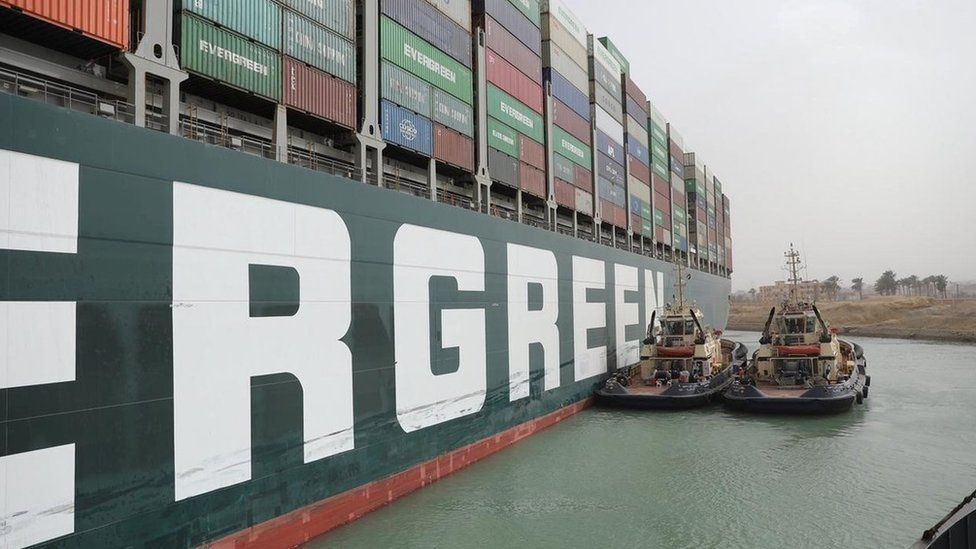With the easing of lockdown and the full impact of Brexit becoming apparent, the industry is concerned with what is happening and will continue to happen to prices.
Will the shortages, delays and price rises impact our sector as some might say, due to increased shipping costs and red tape?
It is not just the cost of the product at the factory gate that matters but also the cost of getting the product to the UK. Shipping rates are going ever upwards with, in some cases, reports of up to a 500% increase in costs to the UK and Europe. Add in all the paperwork, and the social distancing caused by Covid for the agents, and we have even more pressure on costs.
The current blockage on the Suez Canal caused by grounded container super-vessel, the Ever Given, will unfortunately now cause more delays as container ships line up at points entering and within the Suez Canal. The news that it may take up to 10 days to clear, will no doubt be more cause for concern for suppliers, already suffering from Covid and Brexit related issues.
What about alternatives to shipping?
There are only a limited number of shipping companies and they charge more or less the same amount, so shopping around doesn’t save much. Alternatives such as trains or planes are not really viable due to extremely high costs. So we are left with a door-to-door figure that is rising from pre-Covid days of around £2000 a container to £8000 per container.
If the container is full of small, high priced items, this increase per item will be measured in pennies so will make little impact. But when the item is larger and sells at a low price, the increase in the cost per item will be significant. For example, a baby walker selling at £29.99 could rise by up to 50% and a highchair priced at £49.99 could have no alternative but to increase its cost to say £89.99. We, unfortunately, could be talking increases of 20-50%. A supplier has a real ethical versus business battle on their hands. Do they wait for prices to drop, which is looking increasingly risky, making stock shortages inevitable. Or, do they bite the bullet and buy now at significantly higher costs, which will have to be passed on to the consumer?
Brands that manufacture in the Far East and cheaper items will take the brunt. We will probably see more items flat packed, needing more assembly at home, to cram more product into each container, and the sad reality is that some products won’t be able to compete and may no longer be viable.
One option could be the return to manufacturing in the UK and Europe. Some brands such as Recaro and Inglesina already are, so could this be an option for the rest of the industry? This change will take time, but it is an option, and some light at the end of the tunnel, we hope.

Share your story
Want to share your news story through Nursery Online? Drop us a line using our news form or send us an email.

